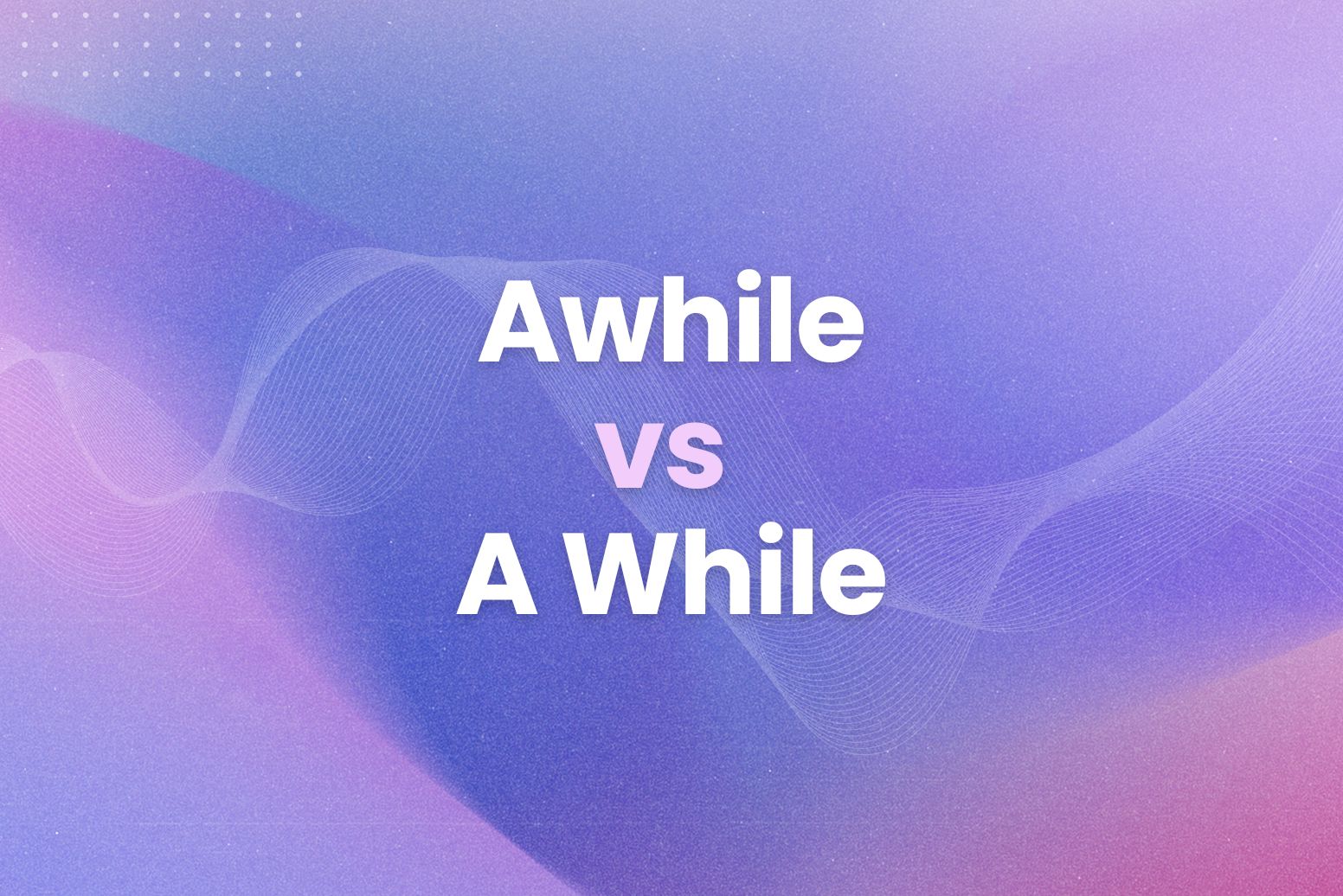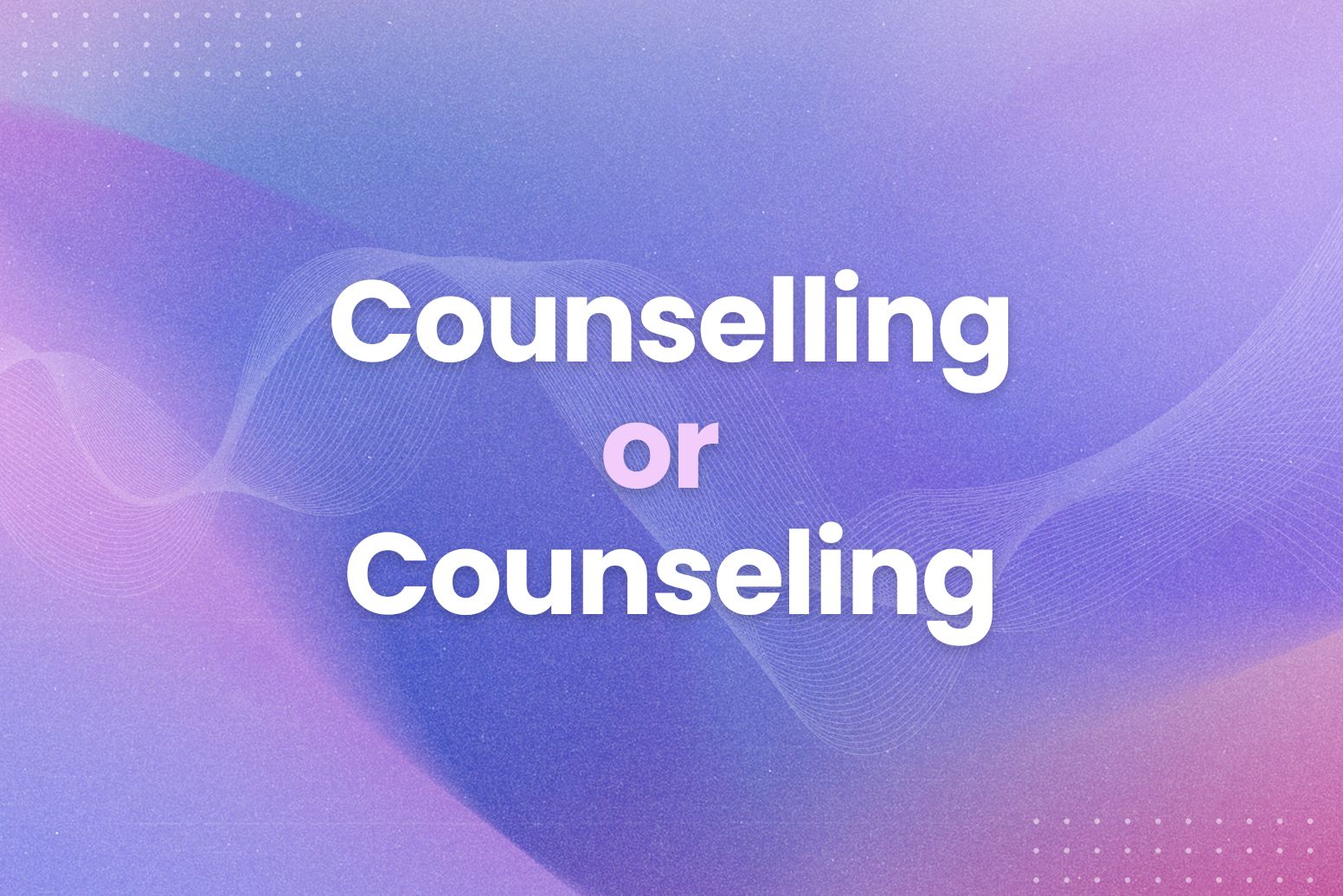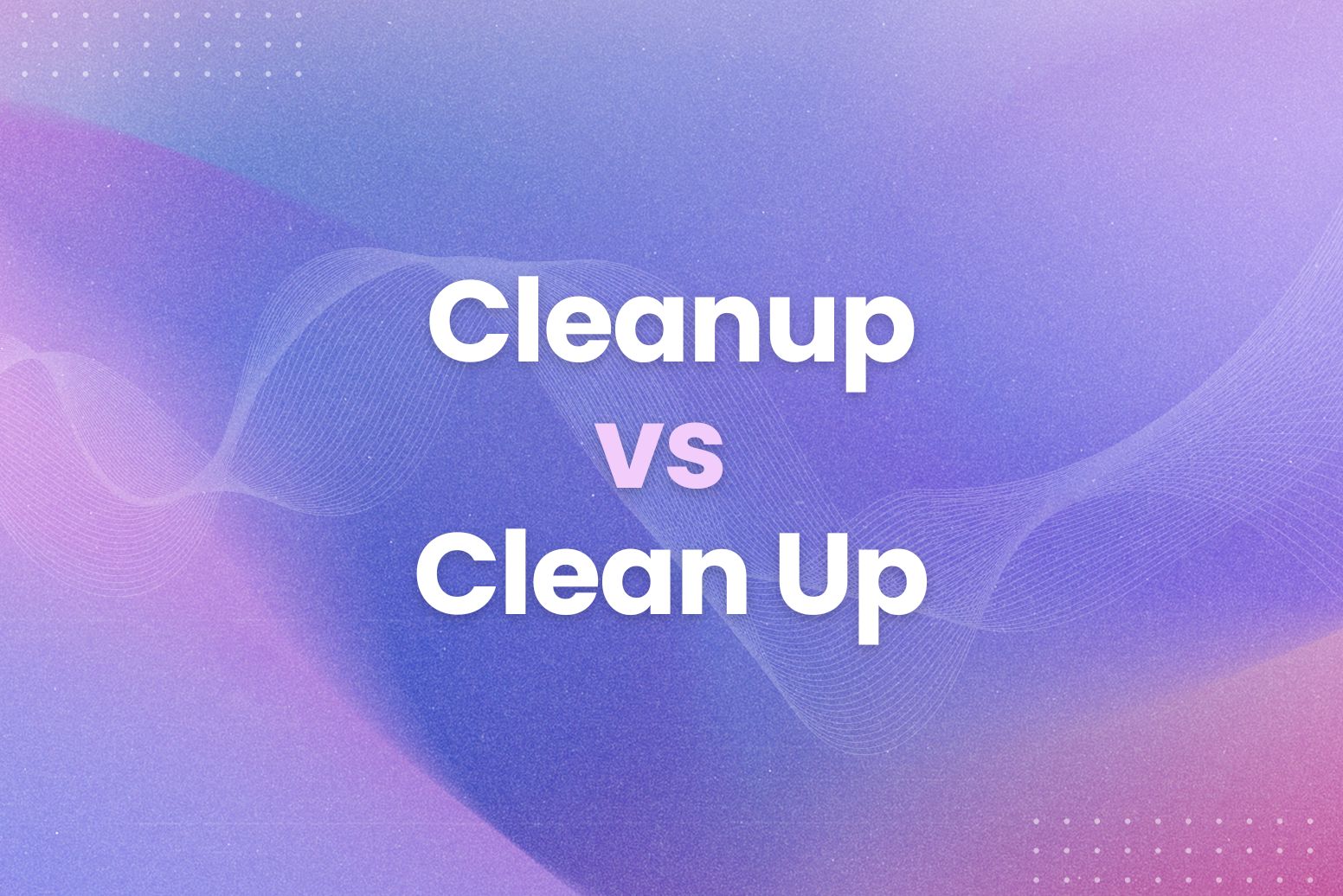Grammar hiccups can trip up anyone. Even seasoned writers sometimes pause over “awhile” and “a while.” These two look similar, but they function differently. So, using the wrong one can throw off your sentence. We’ve all been there. This guide sorts out the confusion on the awhile vs a while difference.
In short, we’ll cover:
- When to use “awhile” (adverb)
- When to use “a while” (prepositional phrase)
- A simple trick for choosing the right one
- Examples of correct usage.
When to Use “Awhile” (Adverb)
“Awhile” is an adverb. That is to say, it modifies a verb. It tells how long an action occurs. Think of it as meaning “for a short time.” For example, “Stay awhile” means “Stay for a short time.” Similarly, “Rest awhile” means “Rest for a short time.”
We often use “awhile” after verbs like stay, wait, rest, and sit. For instance, “Let’s sit awhile and enjoy the view.” In this case, “awhile” modifies the verb “sit.” It explains how long the sitting will last.
Here’s another example: “I’ll be there awhile.” This means “I will be there for a short time.” This tells you how long I expect to be there. This is a common, informal use.
Pro tip: You’ll never see a preposition (like for, after, or in) before “awhile.” This is a key difference between awhile vs a while, which we’ll discuss later.
When to Use “A While” (Prepositional Phrase)
“A while” is a noun phrase. In other words, it functions as the object of a preposition. Common prepositions used with “a while” include for, after, in, and quite. For instance, you might say “for a while,” “after a while,” or “in a while.”
Consider this: “It’s been a while since we last spoke.” Here, “a while” is the object of the preposition “since.” It indicates a period of time after which something happened. Similarly, in the sentence “We talked for a while,” “a while” is the object of the preposition “for.” It indicates the length of time during which the talking happened.
“A while” often suggests a more extended or indefinite period than “awhile.” For example, “I haven’t seen her in a while” implies a longer absence than “I’ll be there awhile.” Consequently, “a while” feels more appropriate for describing longer durations.
Pro tip: If you see a preposition before the time phrase, always use “a while.” This is a simple rule to remember. For example, “It’s been quite a while” is correct. However, “It’s been quite awhile” is incorrect.
A Simple Trick for Choosing the Right One
Still not sure? We have a handy trick. This will make choosing between “awhile” and “a while” a breeze. To clarify, this trick involves substitution.
Try replacing the phrase with “for a short time” or “for some time.” If “for a short time” fits, use “awhile.” If “for some time” works better, use “a while.” For instance:
- “Let’s wait awhile.” Can we say, “Let’s wait for a short time”? Yes. Therefore, “awhile” is correct.
- “I haven’t seen them in a while.” Can we say, “I haven’t seen them for some time”? Yes. So, “a while” is the right choice.
This substitution method works because it highlights the grammatical function. “For a short time” acts as an adverbial phrase, similar to “awhile.” On the other hand, “for some time” is a prepositional phrase, just like “for a while.”
In short, this trick helps you see the underlying grammar. Use it whenever you’re in doubt. It’s a quick and easy way to avoid errors. This is the best way to choose the right one.
Examples of Correct Usage of Awhile vs A While
Let’s solidify your understanding with more examples. These examples show how “awhile” and “a while” appear in context. This will help you see them in action.
“Awhile” Examples
- “Stay awhile and rest your feet.” (Modifies the verb “stay”)
- “Let’s chat awhile before the movie starts.” (Modifies the verb “chat”)
- “He waited awhile before answering the phone.” (Modifies the verb “waited”)
- “She sat awhile, lost in thought.” (Modifies the verb “sat”)
Notice how “awhile” directly follows the verb in each case. This is a key characteristic of its adverbial function. In addition, there are no prepositions before “awhile.”
“A While” Examples
- “It’s been a while since I’ve had such a good laugh.” (Object of the preposition “since”)
- “We talked for a while about our plans for the future.” (Object of the preposition “for”)
- “After a while, the rain stopped.” (Object of the preposition “after”)
- “In a while, crocodile” (A common saying, using “in a while”)
Here, “a while” follows a preposition. This shows its role as part of a prepositional phrase. Furthermore, it often describes a longer, more indefinite period.
These examples illustrate the practical application of the rules we’ve discussed. Use them as a reference when you’re writing. This will help you choose correctly.
Mastering Time: Awhile vs A While with Arvin
So, we’ve covered the difference between awhile vs a while. Remember, “awhile” is an adverb, modifying verbs. “A while” is a noun phrase, part of a prepositional phrase. Use the substitution trick if you’re stuck. It’s a simple way to check.
Here’s a quick recap on the awhile vs a while difference:
- “Awhile” modifies verbs; think “for a short time.”
- “A while” follows prepositions; think “for some time.”
- Use the “for a short/some time” substitution trick.
- “Awhile” never follows a preposition.
Just like mastering grammar takes practice, so does refining your writing. Arvin, our AI writing tool, can help you polish your prose. It can check for grammar errors, suggest better word choices, and improve your overall writing style. So, give Arvin a try and see how it can make your writing shine.
FAQs
Which is correct, awhile or a while?
Both are correct, but they have different uses. “Awhile” is an adverb. “A while” is a noun phrase used with prepositions. Therefore, the correct choice depends on the sentence structure.
Is it stay awhile or stay a while?
“Stay awhile” is correct. “Awhile” modifies the verb “stay.” It means “stay for a short time.” “Stay a while” is grammatically incorrect.
Is it awhile or a while ago?
“A while ago” is correct. “Ago” is a preposition. Therefore, you need the noun phrase “a while.” “Awhile ago” is incorrect.
Is it correct to say it has been a while?
Yes, “it has been a while” is correct. “Been” is a form of the verb “to be.” It’s often followed by a prepositional phrase like “for a while” or, in this case, simply “a while” acting as a shortened version of “for a while”. This indicates a period of time has passed.






